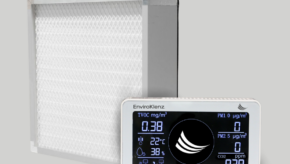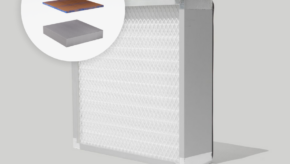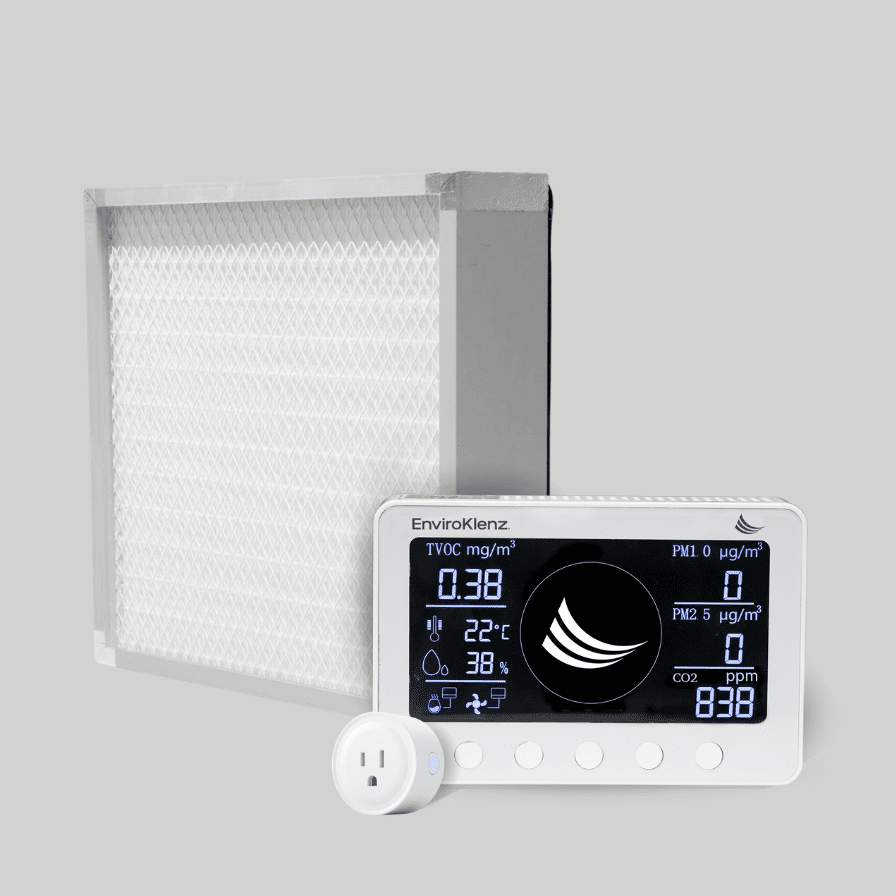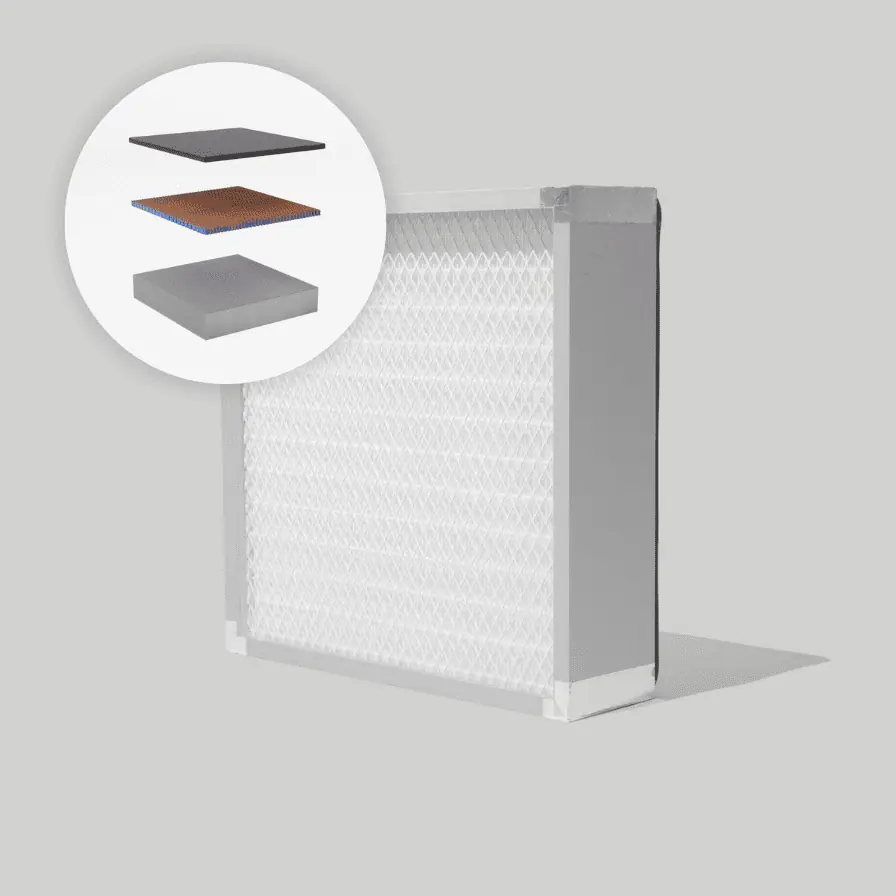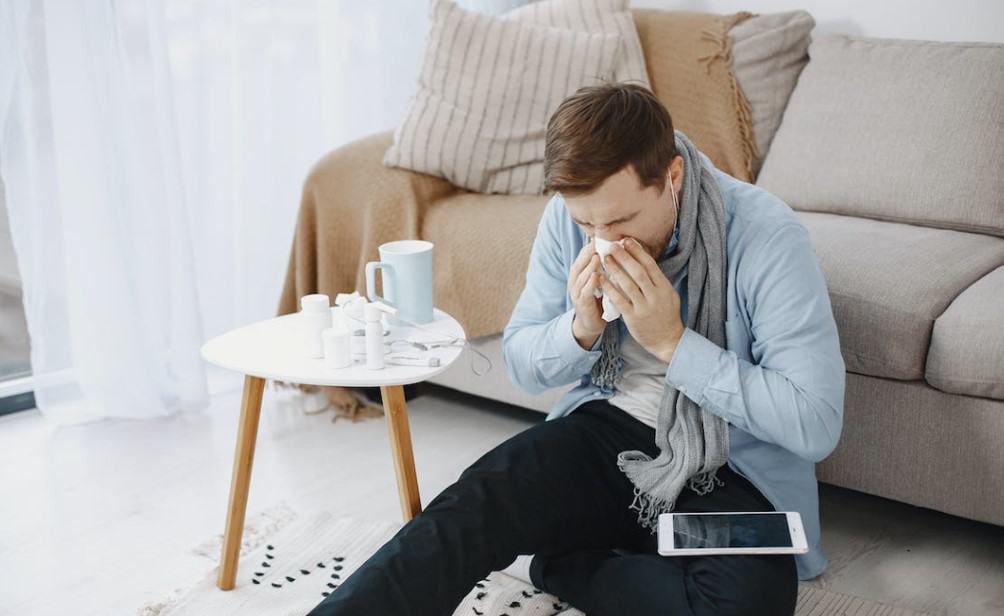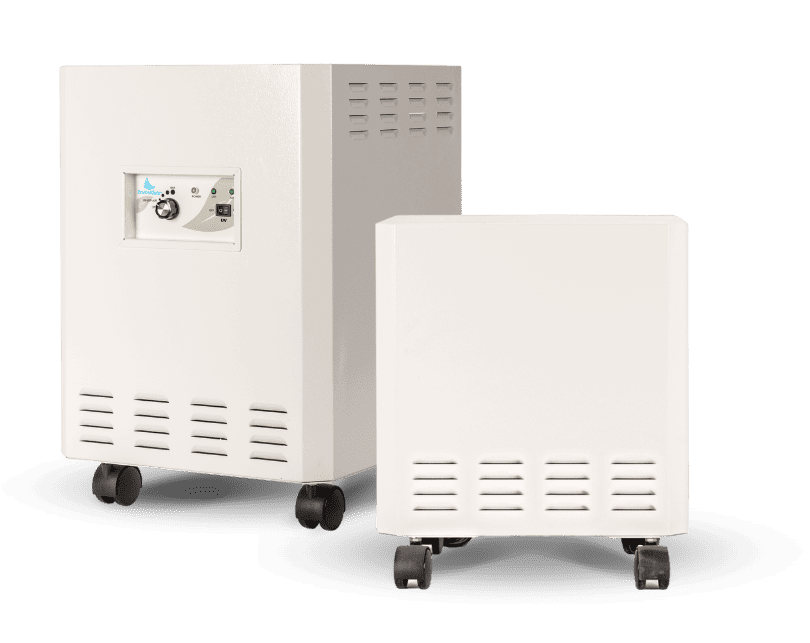Coughing is a good thing! It may not feel comfortable, but it’s your body’s way of ejecting unwanted substances from your airways to make room for air. Occasional coughing is normal, but a persistent cough that comes with other symptoms could indicate an infection or allergies.
How can you tell if your cough is caused by a cold, flu, or allergies? What causes allergy cough, and what are the symptoms? This article looks at the connection between allergies and coughing, how to differentiate coughing caused by colds and allergies, and how to prevent allergy cough.
What Causes an Allergy Cough?
An allergy cough is an immune system response to irritation caused by an airborne allergen like pollen, mold, pet dander, and dust mites. When you inhale allergens, they can cause irritation or swelling in your airways, triggering an allergic reaction.
According to the American Academy of Allergy, Asthma & Immunology (AAAI), the immune system overreacts when it senses the presence of a harmful substance like mold or pollen.
To flush out the allergen, the immune system releases chemicals into the bloodstream, which causes each allergy symptom.
In addition to a persistent tickling sensation in your throat (or sore throat), an allergy-related cough is often accompanied by one or more of the following symptoms:
- Sneezing
- Runny or stuffy nose
- Fatigue
- Sinus headache (dull pain around the cheekbones, nose bridge, eyes, and forehead)
- Nasal congestion
An allergy can trigger asthma symptoms like shortness of breath, chest tightness, and wheezing in people with asthma.
Can Medications Cause Allergy Cough?
Airborne allergens are not the only things that can cause allergy cough. Some medications prescribed to treat allergy symptoms can actually make the throat dry and itchy, leading to coughs.
For example, Cetirizine is a second-generation antihistamine for relieving allergies like sneezing, runny nose, and watery eyes. First-generation antihistamine medications are able to treat allergy symptoms but often have drowsiness as a side effect. While second-generation options don’t make you drowsy, they can cause cough.
The good news is that the cough is not intense and will stop as soon as you stop taking the drug.
How to Tell if Allergies Cause Your Cough
Many symptoms related to allergies and coughing are similar to a cold-related cough. However, a dry cough (without mucus or phlegm) usually indicates an allergy-related cough. On the other hand, a cough caused by a common cold is usually wet and produces mucus.
Here’s another easy way to know your cough is allergy-related: coughing is more frequent in some environments or during certain seasons. It is your body’s reaction to the presence of allergens in such environments or times of the year.
Also, allergies often come with symptoms like itchy throat, nose, and eyes. But to be sure you’re dealing with allergy cough, try to answer these questions:
- Did the cough start slowly or suddenly? Allergies are triggered very quickly once you are exposed to an allergen. On the other hand, the common cold usually starts slowly and gets worse as time goes by.
- How long have you had the symptoms? Allergy coughs can become a chronic cough in some people, lasting more than three weeks or for as long as the allergen is present. With a common cold, you should start to feel better within one to two weeks.
And here’s one more thing: an allergy cough will not cause a fever. If you have a high temperature alongside coughing, you may have a bacterial infection or a viral illness like the common cold or flu, or it could be a COVID 19 symptom.
Keep in mind that each allergic reaction varies between individuals, with some being more prone to airborne allergens than others. In any case, it is important to understand your symptoms and what you are reacting to, as this will help you take the correct medication.
Treating Allergy Cough
Antihistamine medications are usually the quickest way to relieve allergy symptoms because they tackle the chemical process causing the cough. You are less likely to feel drowsy if you use a second-generation antihistamine medication, making it a better option if you plan to take the drug during the day.
To relieve the cough, you can use an over-the-counter expectorant to soften the phlegm. If you experience a blocked or stuffy nose, use a decongestant for quick relief. It will clear your nasal passages, letting you breathe more comfortably. Nasal sprays, cough lozenges, and commercial inhalers can also be helpful.
While over-the-counter medications can help relieve allergies and coughing, consider talking with your doctor before treating allergy symptoms, especially if you have an existing medical condition.
Preventing Allergies and Coughing
Airborne allergens are everywhere, including indoor environments. Thankfully, you can prevent them from constantly putting your immune system into overdrive.
Here are a few precautionary measures to prevent or reduce allergy cough:
Avoid Allergy Triggers
Keeping track of the time, place, and events that happen whenever you experience an allergy cough can help you see a recurring pattern and identify your triggers. Once you figure this out, try to avoid the specific allergens that cause your symptoms.
Keep Your Environment Clean
Avoiding outdoor allergens might be an uphill task, but staying on top of indoor air quality is much easier. Clean your home regularly to reduce dust. Remember to vacuum as often as possible, especially if you have pets.
Regular HVAC system maintenance can reduce dust, so be sure to replace the filters when due.
We strongly recommend investing in a mobile UV air purifier to help capture and eliminate harmful airborne allergens and pollutants in indoor environments. Thanks to its portable design, a mobile air purifier lets you easily move the appliance between rooms.
Monitor the Weather
Keeping an eye on the weather is one of the best things you can do for your health if you are particularly allergic to airborne allergens. Consider limiting outdoor activities during allergy season, especially in the morning when pollen levels are usually higher.
Remember that allergens in the air are higher on windy days, and an allergy attack is more likely then, so plan your activities accordingly.
EnviroKlenz® Medical Disclaimer:
“Any information that is provided on this website is not for the use by any commercial or personal entity without expressed written consent of the blog author. The material and statements illustrated within this blog are not intended to diagnose, treat, cure, or prevent any diseases or medical conditions. Nor does the author in any way guarantee or validate the validity, totality, or efficacy of any claims and will therefore not be held responsible for the content of any claims. Always consult your medical physician for any specific medical advice or recommendations.”
